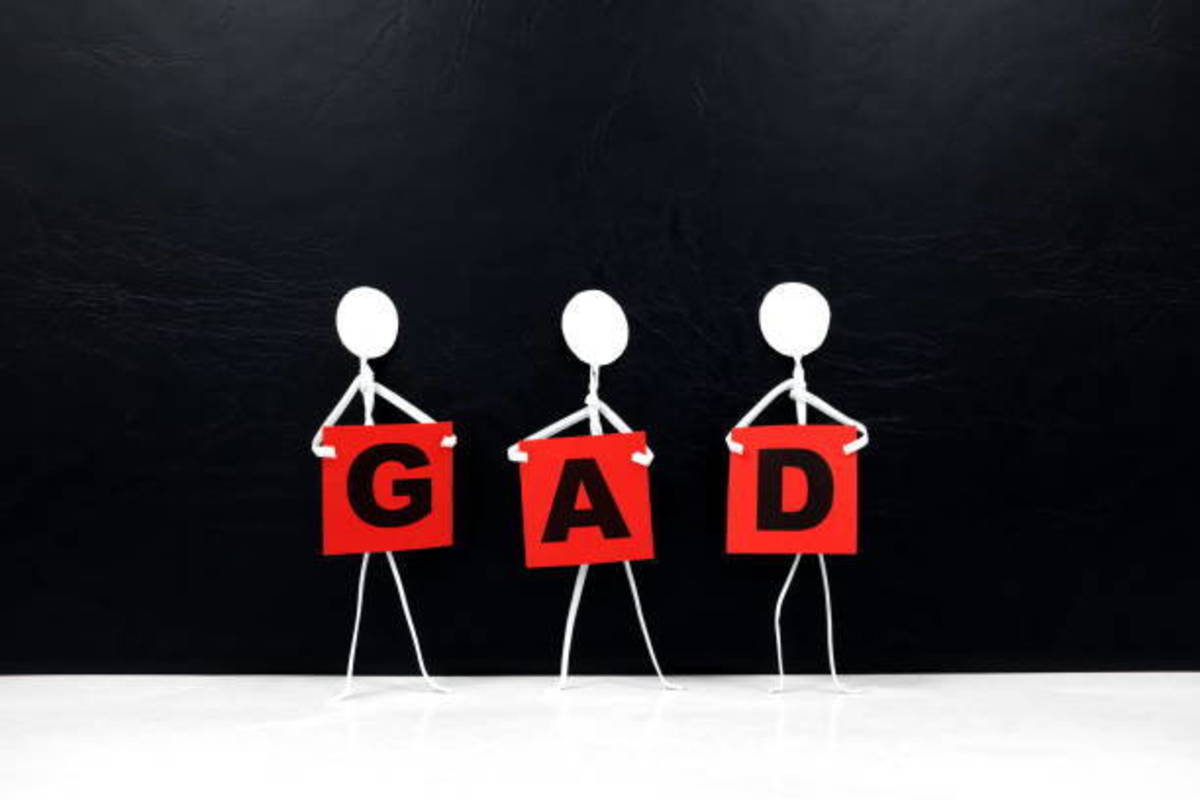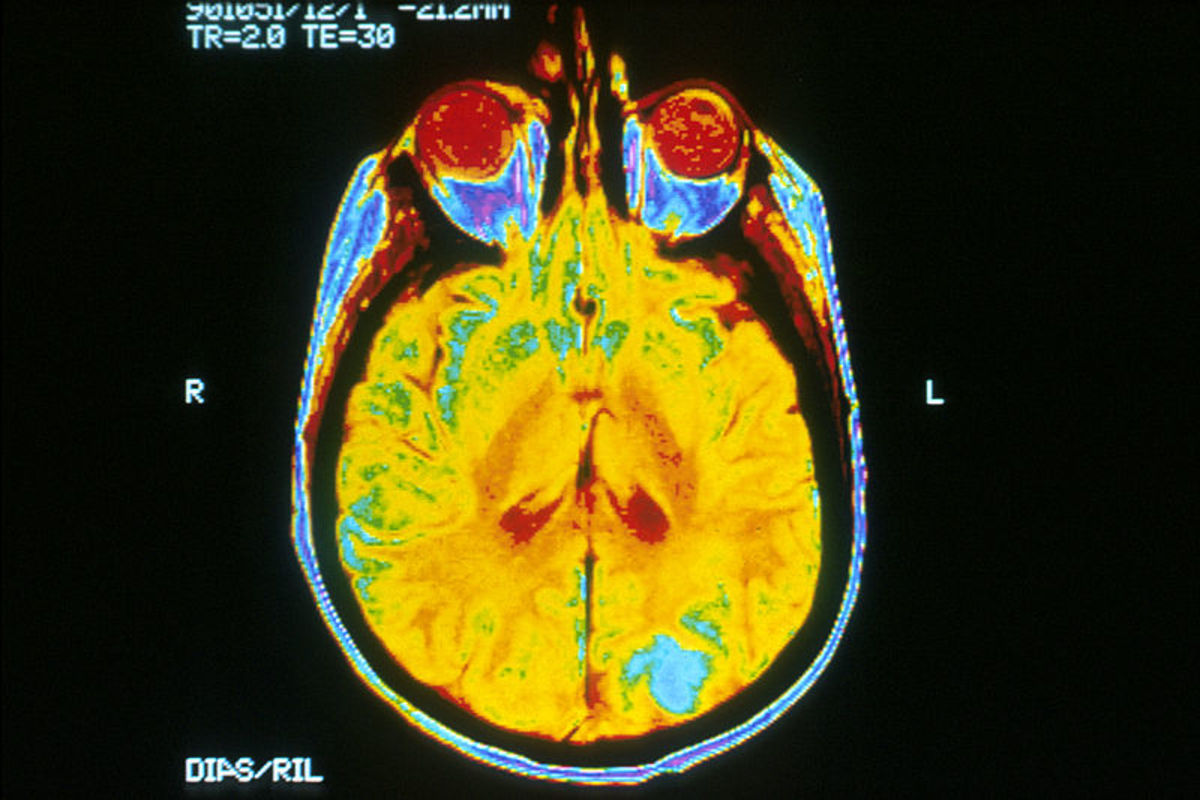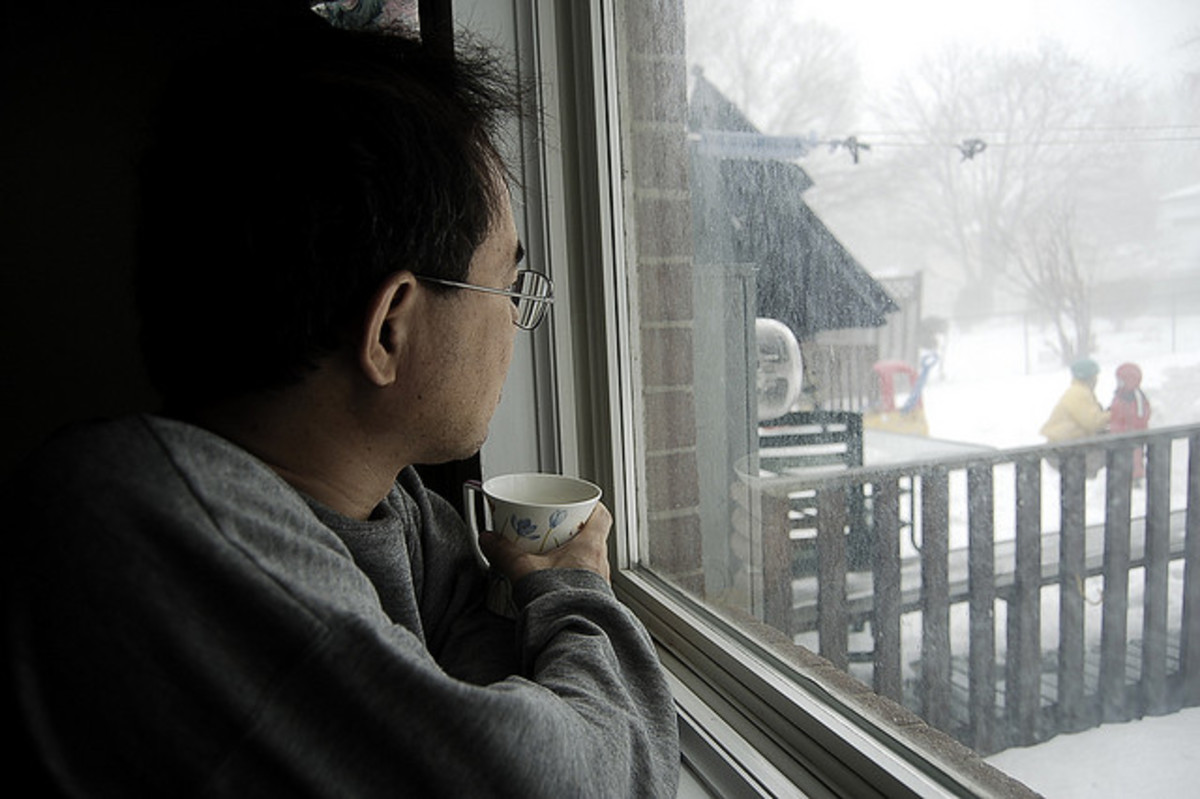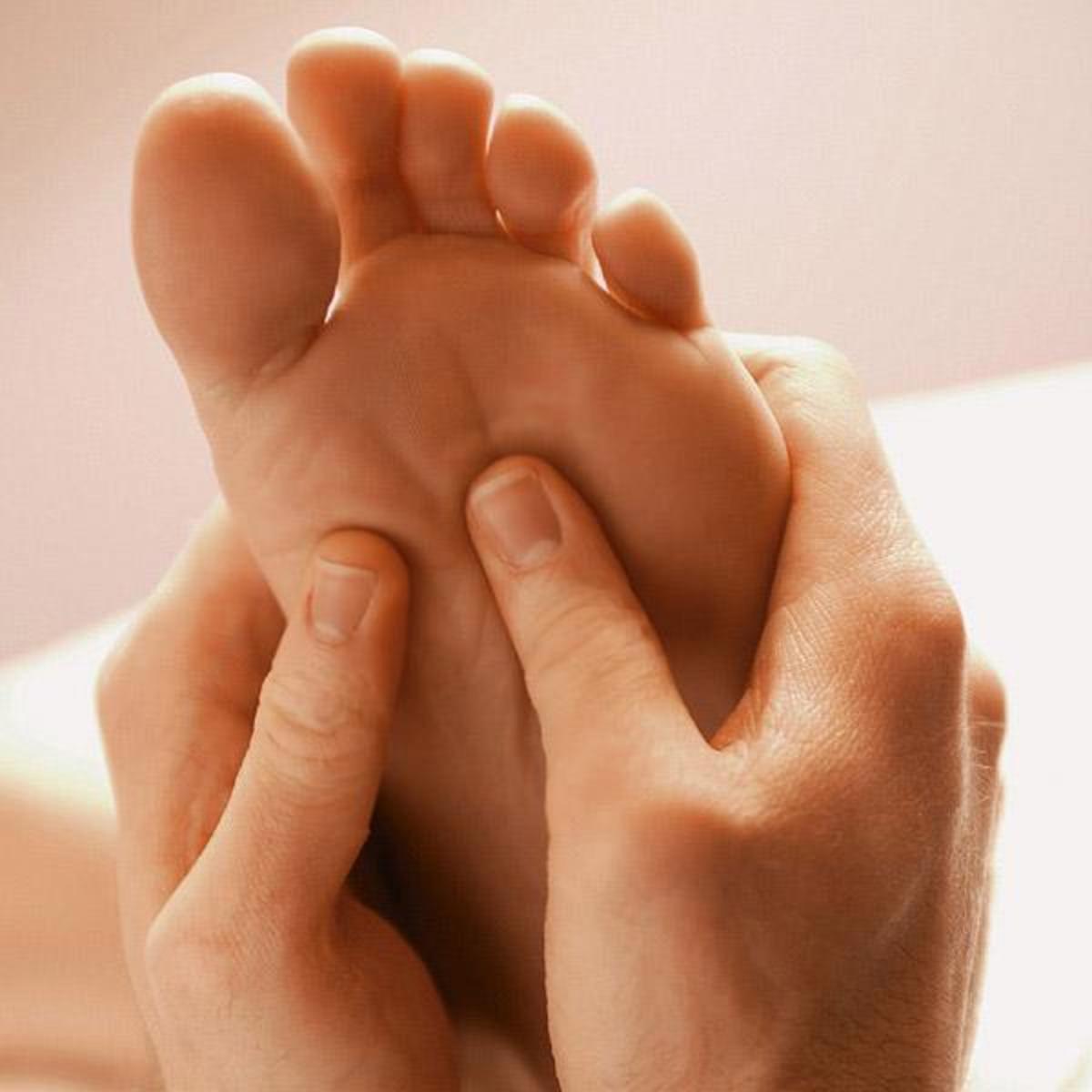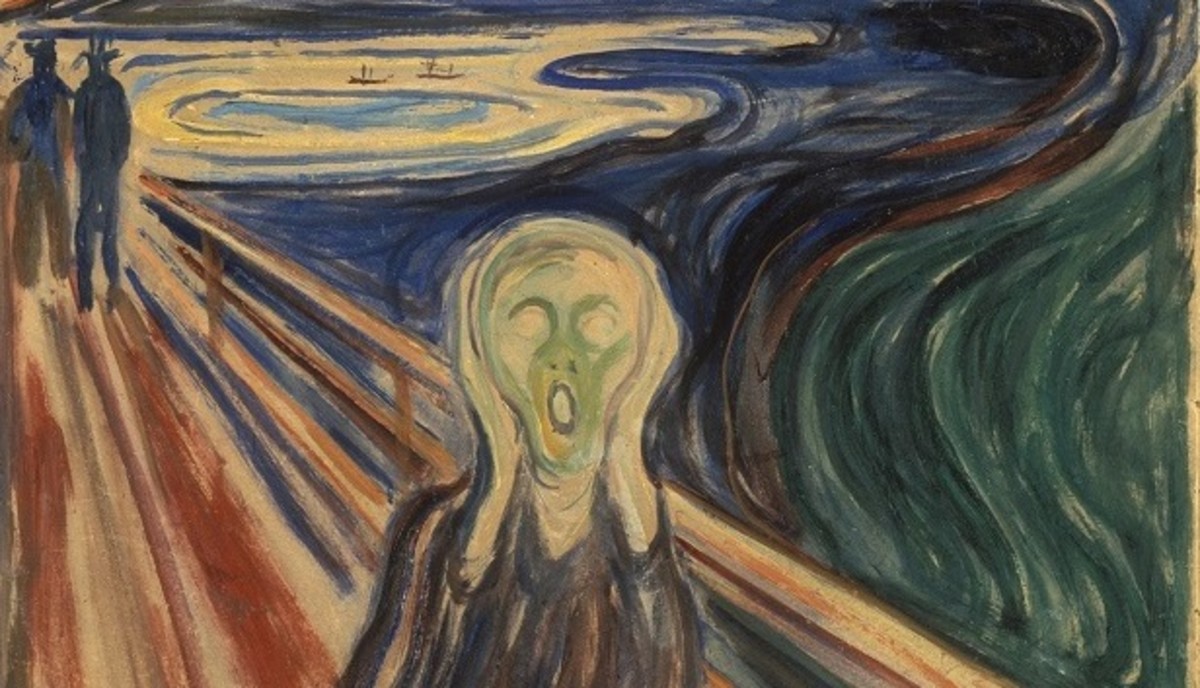My Lifetime Battle with Anxiety and the Coping Strategies that Help
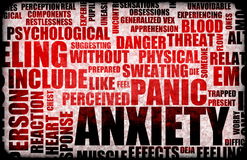
Anxiety: Just a normal feeling or a disorder?
Anxiety. Most people have suffered or do suffer from anxiety to some extent in their lives. The nervousness prior to an interview or competition of some sort. The fear or dread of having to go to the dentist. The slight panic or unease when you feel unprepared for a presentation at work or forgot to pay an important bill. That stomach in your throat feeling as you descend the first incline on a roller coaster. Well just imagine having these feelings perpetually. Tack on feelings of constant worry, dread, panic, fear, and phobias. This not only triggers one's mind to race uncontrollably, ceaselessly ruminating, but also produces extremely uncomfortable physical sensations that result in anxious behavior in an attempt to avoid and cope with such obtrusive, unwanted thoughts and feelings.
A Few Facts
Suffering from anxiety is frustrating, exhausting, and even stigmatizing. According to the Anxiety and Depression Association of America, approximately 40 million Americans suffer from anxiety disorders. About 6.8 million people suffer from generalized anxiety disorder, and in general, women tend to be twice as likely to suffer from anxiety disorders than men. However, only about one-third of those with an anxiety disorder seeks treatment. Why is this? It isn't because anxiety isn't a treatable condition. It is very successfully treated. Is it because people are ashamed? Many people feel judged when they are labeled with a psychiatric illness. Maybe it's because they don't know they are suffering from an anxiety disorder. Whatever the case may be, those with anxiety should not avoid getting support. This only creates more anxiety. Facing one's fears is the best way to eventually reduce one's anxiety.

Since Childhood
Here's some of the story of my battle with anxiety and how I coped.
Although I have always suffered from anxiety and the resulting panic/anxiety attacks, it wasn't until my mid to late twenties that I was actually given a diagnosis of Generalized Anxiety Disorder. I never knew this was what it was. Now that I have a diagnosis, I can look back and identify the first time I had anxiety attacks. I believe it was when my parents would leave me with my grandparents for extended stays. My grandmother, who was later diagnosed with bipolar disorder, had extreme mood swings. She could bounce from happy to sad to angry to happy again within a matter of minutes. This was very confusing to me, and I never knew what to expect from her. Her mood swings caused her to treat me inconsistently as well. There were times she was kind and loving, while other times she was mean and emotionally abusive.
I hated staying at my grandparent's house without my parents. I can remember the intense panic I would feel when they were getting ready to leave. My body felt as if it could explode. My racing heart, shallow breathing, flushing and sweating, nausea, dizziness, and a huge lump in my throat that refused to go down would all send me into a raging meltdown. I still have an image in my head of my father holding me in my grandparent's hallway trying to calm me from one of my first anxiety attacks as I desperately clung to him, crying and begging him not to leave me there. I don't remember how old I was, but I couldn't have been much older than five.
Why Worry?
As I got older, I would occasionally have these anxiety attacks, and they would be triggered by a host of different things- school pressure, peer and social issues, hormones, sibling rivalry, and more. But it wasn't just the attacks that I suffered from. I was also being plagued by feelings of constant worry, dread, panic, and fear. Of what? It can only be described as a feeling of not being in control or of losing control of situations around me. The emotional abuse from my grandmother was just one of many ways in which I was abused by others. I will not explain these here, but when others exert control over you through abuse, the victim feels a sense of helplessness. This creates a great amount of anxiety and a need to have some semblance of control over the things in your life, especially since so much of that control was stolen from you.
Something related to this is the fear of uncertainty of a situation as well as confrontations. Not knowing what to do in a situation is something that can throw me into a panic or anxiety attack. This was also when I was very angry or when there was any type of confrontation. I could never control my anxious feeling both physical and emotional. Another source of anxiety was not meeting the expectations of others, or especially the expectations I had for myself. Perfectionism is a major cause of anxiety, not only for me, but for many people. I have always had extremely high expectations for myself in everything I do.
The Cycle of Anxiety
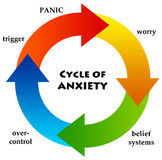
An Anxious Mind and Body
Once again, anxiety causes the mind to race uncontrollably. Anxious minds are always ruminating. Thoughts are mulled over and over again with no relief. These thoughts are obtrusive, unwanted, and uncontrollable. The energy it takes to suppress both anxious thoughts and feelings can be extremely taxing and draining. I guess I knew it wasn't exactly normal to be experiencing all this, but everyone had their problems, didn't they? It was exhausting trying to keep myself from having an anxiety attack in public, especially in high school. This resulted in me having little energy left to participate in school activities, and I would often miss school as anxiety levels reached a peak. This was especially true since I also suffered from severe and debilitating migraines, and still do today.
Anxiety Poll
Do you or have you suffered from anxiety that has interfered with your daily activities?
Generalized Anxiety Disorder
Natural Stress Relief
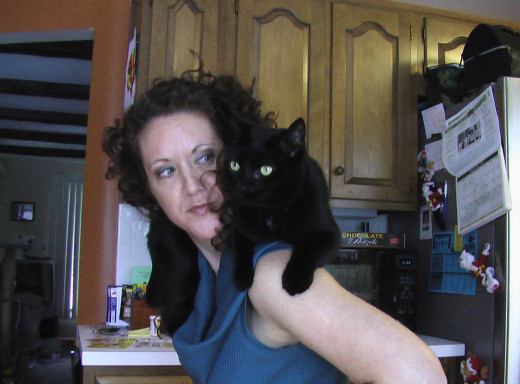
Coping Mechanisms Since Childhood
In order to suppress and deal with the intense feelings that would percolate and bubble inside me, I had to come up with many of my own coping mechanisms. I didn't realize that was what I was doing until reflecting back later. Some of these strategies were good for stress and anxiety relief while a few may have been more harmful or anxiety provoking in the long run (ruminating and avoidance of stressful/anxiety-provoking situations).
Listening to music and singing was something that helped me quite a bit. This was usually done in my room, which was a “safe place” for me. This is something I have always enjoyed doing in my car as I am driving. The music lulls and relaxes me, and when I am singing, my mind is less likely to race or ruminate. My mind is kept busy. The same was and is true when I read. This would provide a sense of escape for me, especially since I read a great deal of fiction when I was younger. I could become another person through the character in the book. While I was that other person, my own world disappeared along with my anxieties, fears, and worries. I can remember staying up all night reading books as an escape from my own problems and anxiety.
This may sound a bit weird, but my cats have always been a source of anxiety relief for me even when I was little. I can remember having two Siamese cats as a child, one of which was literally like a doting mother to me. If I ever cried, she was there in any instant, consoling me with her soothing purr. Throughout the years, I have always seemed to own cats that are more dependent rather than independent. I bond easily with them, and they follow me everywhere providing comfort whether I need it or not. One of my current cats, Bear, is what I call a “puppy cat.” He truly thinks he is a dog and has been the most entertaining cat that has ever lived! He made me realize how much I have always relied on my cats for anxiety relief after he went missing for nine days when he accidentally got out of the house. I was miserable!
Exercise is a very good outlet for stress and anxiety and always has been for me. When I was little, my mom put me into all kinds of dance classes- tap, jazz, ballet, and acrobatics. I didn't like them all. The only one in which I really enjoyed and felt I did well in was the acrobatics. When I mastered a new flip or move, I felt proud. When my parents divorced, I was unable to continue. However, being active in general, especially outdoors with friends was definitely an outlet for stress and continues to be one today. Rollerblading, bike riding, nature walks and hikes, gardening, playing games with my son outside, anything that keeps me active and involves the outdoors helps to relieve pent up stress and anxiety for me. I've taken adult martial arts classes as well and that has relieved a great deal of stress.
Anxiety Symptoms
The anxious body
| The anxious mind
| Anxious behaviour
|
|---|---|---|
terror of panic
| Catastrophizing the outcome of panic or any physical sensation
| Avoidance behaviors
|
flushing
| Fearing the feeling of panic
| OCD behaviors
|
sweating
| Dread, even without a reason
| Over-activity (Work-a-holics)
|
rapid heart beat
| Perfectionism
| Perfectionist behavior
|
shallow respiration or hyperventilation
| Guilt
| Controlling behavior
|
nausea/vomiting
| Inability to plan
| |
dizziness
| Need for reassurance
| |
lump in throat
| Fear of rejection or lack of confidence
|
Journal Writing and A "Safe Place"

Warning Signs & Being Proactive
I have always been in tune with myself as well as my body. Using this knowledge to battle the anxiety has been successful. I am not sure if it is just me or if everyone who suffers from anxiety can feel the build-up inside them. I know when my anxiety is at a higher or lower level. I can not only feel it emotionally, but the physical tension in my back, neck, and shoulders are good predictors. I will clench my jaw and hands more, maybe in an effort to shut out the frustrations. I will be less socially active as well in the anticipation of an anxiety attack. Knowing the signs that my anxiety is increasing, helps so that I can be more proactive in taking steps in reducing that anxiety.
Something I have learned in hindsight is that the more I keep my stress and anxiety bottled up inside, the more likely it will explode like a volcano. The anxiety needs to be released slowly and consistently, not held inside until it bursts out unexpectedly. One way I have done this is by talking about my problems with others, especially those closest to me or a counselor, which I think is extremely important for those who suffer from anxiety. Learning to be open has only benefited me and decreased much of the anxiety I have felt about what I have suffered in my life. There are times that I need a more private approach and journaling has provided a successful outlet, especially when ruminating is at it's worst. Picking up a pen and notebook to let the thoughts pour out rather than parading round and round in my brain helps a great deal.
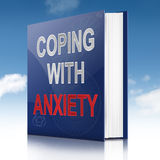
Other Strategies to Help Reduce Anxiety
Over the years, there have been other strategies that I have learned to help control and minimize the anxiety I feel.
-
Deep breathing- oxygen to the brain helps in thinking clearly.
-
Identify a “safe place” where you can go to be alone and de-stress or de-escalate when needed
-
Forcing my body to relax- tense and release each muscle in my body one at a time from head to toe.
-
Stretching my tight muscles and/or getting a deep tissue massage.
-
Taking calming baths.
-
Learning that a feeling is simply a feeling and cannot hurt me.
-
Watching funny movies and laughing with friends and family.
-
Maintaining a positive outlook as much as possible.
-
When in an anxious situation, sing in my head or think of a favorite thing.
-
Learning how to be more assertive rather than passive about my anger or other uncomfortable feelings.
-
List making to check off as I complete tasks.
-
Goal-setting and planning and working towards these.
-
Realizing I can't do EVERYTHING myself (I may still have a difficult time with this).
Even More
Some suggestions that I have yet to master include:
-
Get a good night's sleep.
-
Mindfulness- being fully present in the moment in which you are living in.
-
Asking others for help when it's needed, especially when you are overwhelmed.
-
Find a balance in your life- emotional, physical, mental, and social.
-
Do not avoid anxiety-provoking and/or stressful situations. This only increases anxiety in the long run.
A Lifetime Battle
Anxiety can become very disabling and prevent one from doing everyday normal activities. It has always been a constant struggle my entire life. However, it hasn't stopped me from achieving a great deal along the way. I have had many accomplishments. I pursued both an undergraduate and graduate degree and taught for fourteen years in an urban school district. I have a son who is an amazing child and my greatest accomplishment. I'm a life-long learner and have taken many classes beyond my master's. However, would have I been able to achieve more if I had been diagnosed at an earlier age, if I didn't have to work so hard at suppressing the anxious feelings and fears of having a panic or anxiety attack? Could I have been involved in more if I wasn't afraid of trying some new things for fear of having an anxiety attack or just didn't have the energy for them? I'm sure I would have.
Helpful Site
For more information and support, visit http://www.adaa.org/understanding-anxiety


